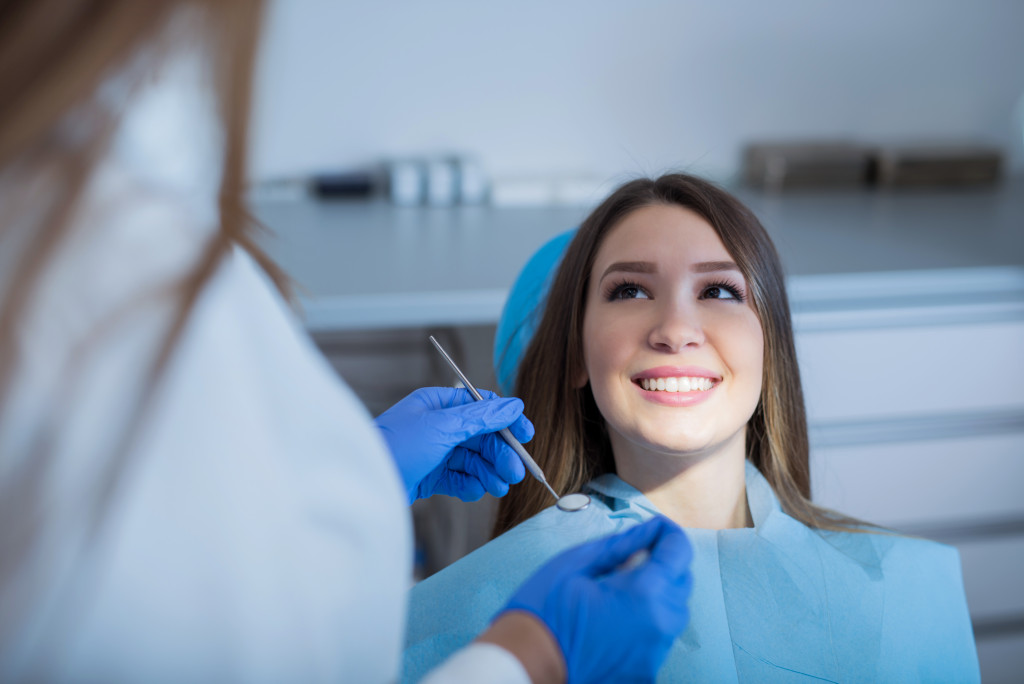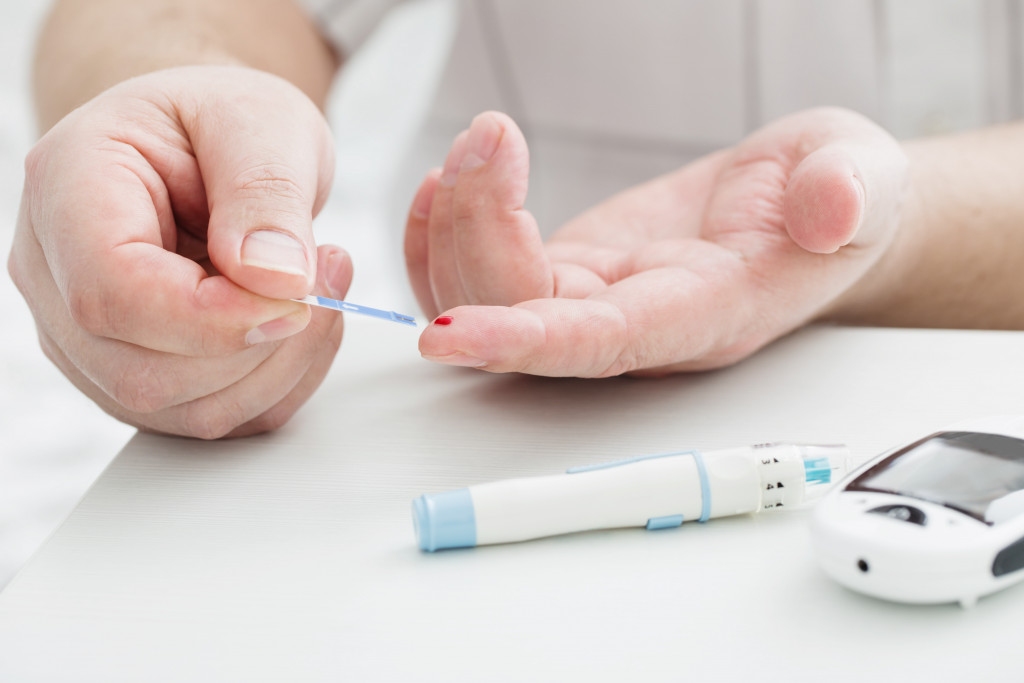Dental appointments are a necessary evil whether you love them or hate them. However, there are other important reasons to keep up with regular dentist appointments beyond just getting your teeth cleaned and checked for cavities.
For one, your dentist can show you proper plaque removal techniques specific to your teeth during routine cleaning. And for patients managing gum disease, these appointments allow the hygienist to remove tartar buildup and assess how well at-home oral care works. Finally, X-rays taken at regular intervals can help to spot tooth decay in its earliest stages when it is still treatable.
But did you know that regular dentist appointments can also play an important role in preventing dental problems before they start? That’s right—by teaching patients good oral hygiene practices during their appointments, dentists can help reduce their chances of developing decay or disease. Here’s how:
At-home Care Instructions
One of the most important things patients can learn from their dentist is how to properly care for their teeth at home. This includes everything from which type of toothbrush to use (soft bristles are best!) to the correct way to floss (hint: it’s not just back and forth). During your appointment, ask your dentist or hygienist for specific instructions on caring for your teeth to ensure you do everything possible to prevent decay and disease.
If you’ve just gotten your crown and bridge placed, your dentist will give you tailored instructions to take care of them. You must follow these closely, as not properly caring for your new restoration can cause damage and even tooth loss. Avoid hard or sticky foods, brush and floss regularly, and use a fluoride mouthwash. These are only some of the many common instructions dentists give their patients. If you have any questions about restoration damages, don’t hesitate to contact your dentist for help.
If you recently had a tooth extracted, your dentist gave you specific instructions on taking care of the extraction site. You must follow these instructions carefully to avoid infection. After your appointment, common instructions include biting down on a gauze pad for 45 to 60 minutes.
For the next three days, avoid strenuous activities near the extraction site, such as brushing your teeth too hard, vigorously rinsing your mouth, sucking on straws, smoking cigarettes, or drinking alcohol. If you are still bleeding or oozing (after the initial gauze pad placed by your dentist has been soaked through), put another gauze pad over it.

Brushing and Flossing Demonstration
In addition to providing written instructions on how to brush and floss properly, many dentists will also take the time to give patients a demonstration at their appointment. This is a great opportunity to get one-on-one instruction from a professional on the best way to clean your teeth—so be sure to take advantage! If your dentist doesn’t offer a demonstration, ask if they would be willing to show you the proper technique.
To brush your teeth properly, use a pea-sized amount of toothpaste on your toothbrush. Brush your teeth by holding the toothbrush at a 45-degree angle to your gum line. Use gentle circular motions on the inside surfaces of your teeth and light back-and-forth motions on the chewing surfaces of your molars. Spit out toothpaste after brushing, and rinse your mouth with water.
Flossing is an important part of oral care, and you must learn how to do it properly. Here are the steps:
- Take a piece of floss about 18 inches long.
- Wrap one end of the floss around the middle finger of your left hand, and wrap the other end around the middle finger of your right hand.
- Use your thumbs and forefingers to hold the floss taut between your hands.
- Gently guide the floss between your teeth using a back-and-forth motion.
- Be sure to go below the gum line, and curve the floss around each tooth.
- Move on to the next tooth and repeat these steps.
- Spit out any excess floss after you’re done brushing.
It’s also important to replace your floss every few months, as old floss can become brittle and ineffective at removing plaque and bacteria.
Oral Hygiene Products Recommendations
There are seemingly endless options for oral hygiene products these days—from electric toothbrushes and water flossers to different types of toothpaste and mouthwash. With so many choices available, it can be hard to know which products are right for you and your family. Fortunately, your dentist is likely well-versed in the latest oral care products on the market and can help you select the ones that will work best for you based on your needs.
Toothpaste tablets, for example, are a popular alternative. These are an alternative to ordinary toothpaste that is supposed to be just as effective—if not more so—at preventing cavities and promoting oral health. The tablets are meant to dissolve in your mouth, releasing fluoride and other minerals that help the teeth by strengthening enamel and preventing decay.
Another option is an electric toothbrush, a battery-operated toothbrush that many people find more convenient than a regular manual brush. The bristles of an electric toothbrush vibrate, spin, or pulsate, making it simpler to remove plaque and debris from teeth. Many individuals discover that electric toothbrushes are gentler on the gums than manual brushes.
It is also recommended to use mouthwash. Mouthwash is an effective way to clean your teeth, freshen your breath, and reduce the risk of gum disease. Be sure to look for a mouthwash that contains fluoride to prevent cavities.
The Bottom Line
While no one looks forward to going to the dentist, regular appointments are essential to maintaining good oral health. In addition to professional cleanings and checkups, these appointments also allow patients to learn good dental hygiene practices that can help reduce their risk of developing decay or disease. So next time you dread your dentist trip, remember that it could be helping you prevent problems down the road!



